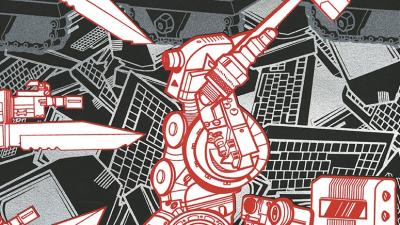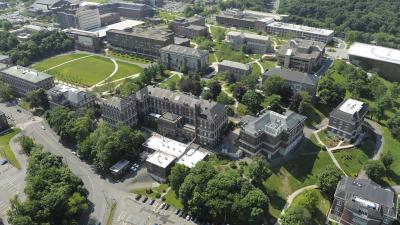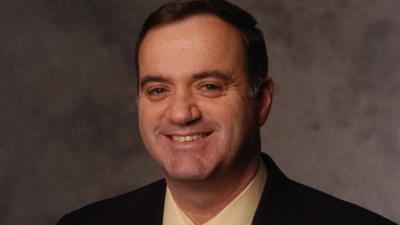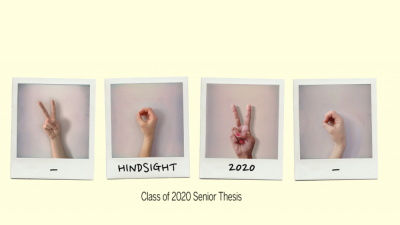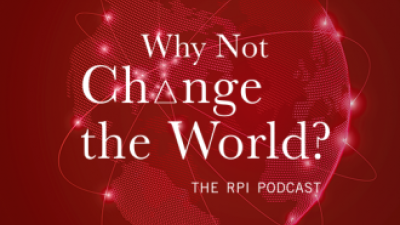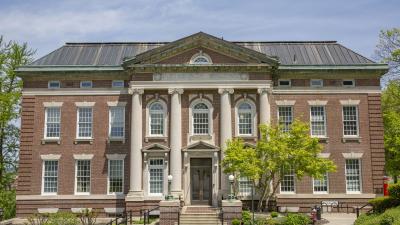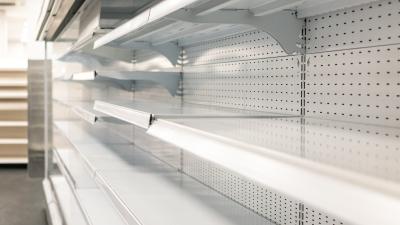Inspired by the Past, Rensselaer Artist Develops Innovative Screenprinting Techniques
In the cold winter months of early 2019, Nathan Meltz found himself deep in a creative block. An established screenprinting artist, having exhibited in galleries around the world, Meltz is known for his use of mechanical imagery as visual metaphors for various types of destructive technologies, from war machines to fossil fuel extraction devices. But he was struggling to find inspiration.
